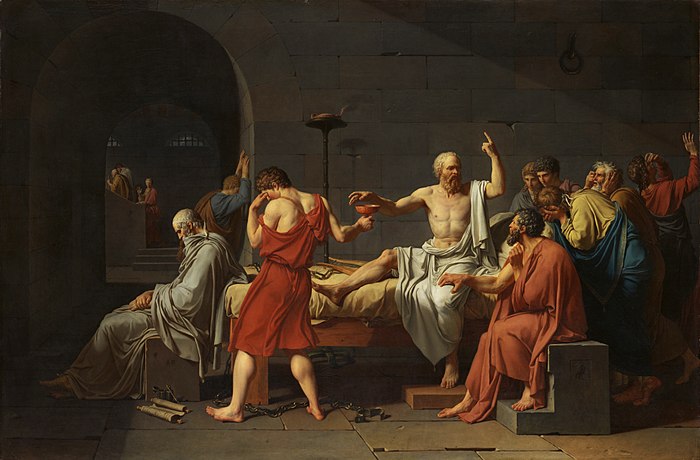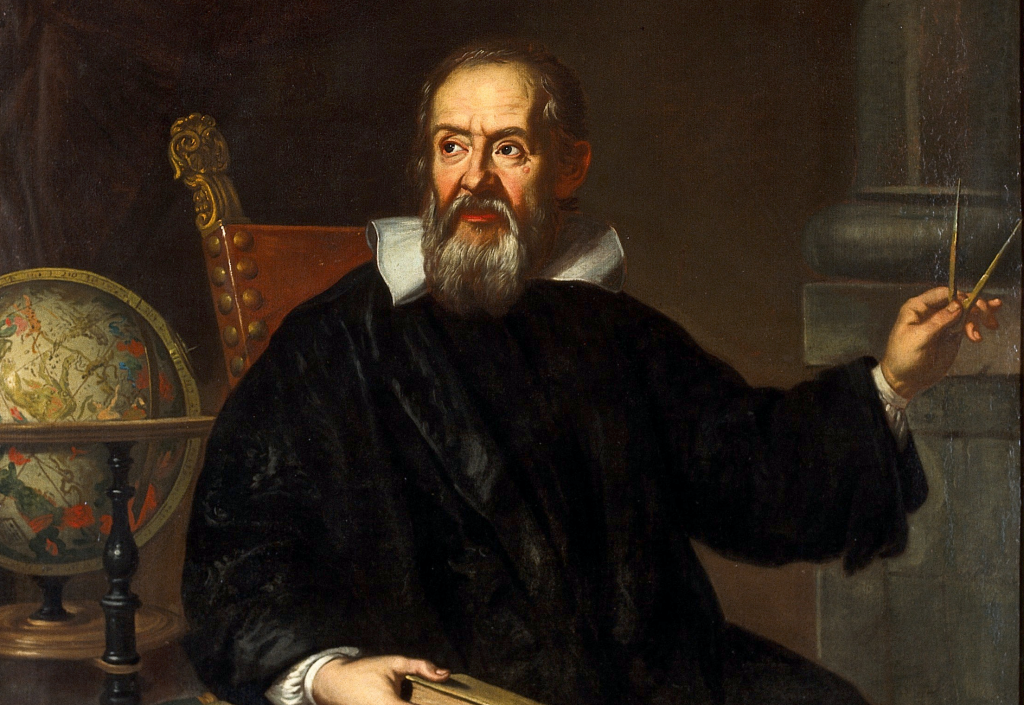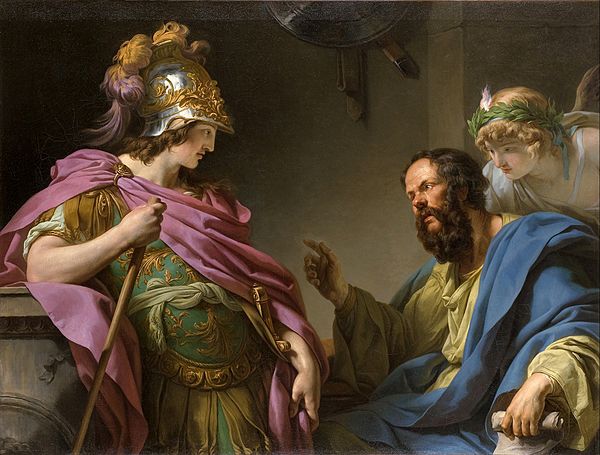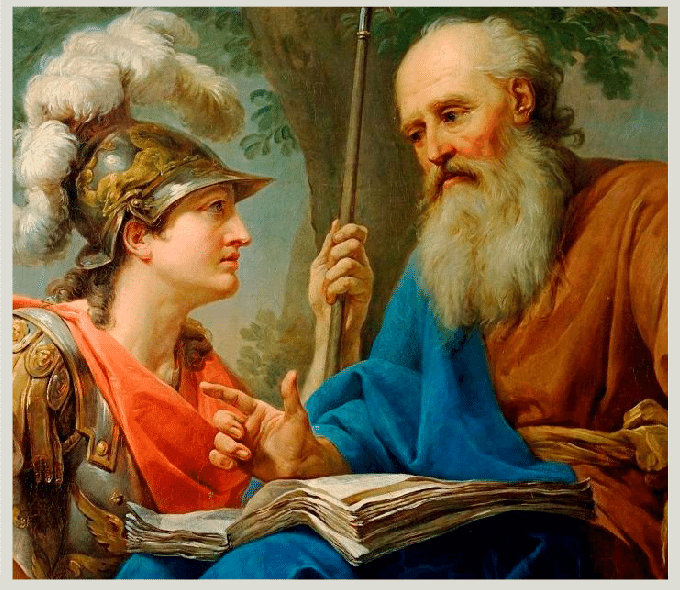By Jacob Bell, Associate Editor, Classical Wisdom
Socrates loved the pursuit of wisdom more than any other. He valued truth, understanding, and examination of self and life above all else. He believed that the most valuable thing a person could do was question their thoughts, beliefs, and perceived truths. For Socrates, the examined life was the only life worth living.
Even if you know little-to-nothing about Socrates, you have probably heard the famous dictum which states that “The unexamined life is not worth living.” Socrates apparently made this pronouncement at his trial, essentially choosing death over exile.
He thought that living a life in exile would prevent him from taking part in the great philosophical quest for truth.
For Socrates, death wasn’t the end because he believed his soul would continue an existence apart from his body. Socrates believed that the incorporeal-soul was better inclined toward philosophical wisdom, truth, and understanding when it wasn’t weighed down by earthly and bodily desires.
So he chose death over exile.

The Death of Socrates, Jacques-Louis David, 1787. Metropolitan Museum of Art, New York.
I can kind of see where he is coming from. After all, my earthly body has already interrupted my writing-flow a few times in the past two hours – bathroom break, drink of water, food… It isn’t easy being a living-breathing organism.
But I would still happily accept exile and be on my merry-way…
Perhaps I am lacking in nobility?
Jump to the 20th century, and we hear a similar pronouncement from the Nobel-prize winning Existentialist – Albert Camus: “Everything begins with consciousness and nothing is worth anything except through it.”
Camus then goes on to describe consciousness as awareness and makes the claim that along with consciousness comes an inherent desire for truth and meaning. Consciousness allows us to illuminate and examine ourselves, the world, and our place within the world…
…And when we tire of all this self-examination, we can simply point our consciousness in another direction, promptly forgetting about all of our shortcomings.
Or maybe that’s just me.

Albert Camus (November 1913 – January 1960)
Socrates’ examined life is one of conscious awareness. Socrates is conscious of our fallibility when it comes to knowledge and wisdom, and he wishes to illuminate such problems through philosophical discussion with the hopes of finding truth. His examined life is possible only through his conscious awareness.
Socrates and Camus share a system of values. They both believe that the search for truth, meaning, and value is an essential activity of life.
They part ways, however, when it comes to choosing death over an unexamined life…
For Camus, the truth is not worth more than life itself. Life is what allows us the opportunity to question and seek philosophical wisdom. Camus, being an atheist, would refuse the notion of an incorporeal-soul. This life is all that we are given – and this world is all that we can know.
Camus cherished life over truth with such passion that he commended Galileo for abandoning his scientific theory of heliocentrism when the church threatened his life for holding such a controversial position.

Portrait of Galileo
While there aren’t usually contests about such things, I would claim that Camus knew less than Socrates. By this I am referring to that other famous dictum uttered by Socrates that states “I know that I know nothing.”
The accuracy of this pronouncement is questioned by scholars who know more of the matter than I do. These scholars argue that Socrates doesn’t claim to know nothing, but that he is simply aware of his ignorance on certain matters.
The paradoxical “I know that I know nothing” is actually better translated as “What I do not know I do not think I know either.”
In the Apology Socrates is portrayed by Plato as confident in his knowledge to the point of death. One must ponder the notion that if Socrates was actually the person he is often portrayed as being – the wise sage that claims to not know – his fate might have been different.
His confidence is what sealed his fate. His claim to divine inspiration which consequently led him to interrogation-like discourse with his fellow citizens is far and above an earthly-grounded confidence in one’s knowledge.
Socrates believed that he knew quite a lot. He was so firm in his beliefs that he chose death over exile. For Camus, the truth isn’t so firm, and so dying for something which might not actually be true was fundamentally ridiculous.

Alcibiades Being Taught by Socrates (1776), by François-André Vincent.
Keeping all of this in mind, one is tempted to ask – was the death of Socrates really as noble as it is often portrayed? Or does it reveal to us a disharmony and potential ingenuine nature of Socrates and his intellectual stubbornness?
His constant pestering as the gadfly of Athens coupled with his claim of divine inspiration makes him seem less of a noble seeker of wisdom and more like a charlatan.
But who am I to make such accusations?
I leave you here, to question and reflect on this recognizably unpopular position of Socrates and his death… and I thank Zeus that my impious corruption of you, the reader, is unlikely to end in execution by hemlock.










One comment
So, not much has changed over the centuries. One can still have his career destroyed by being politically incorrect, not withstanding that the emperor still has no clothes on. Sheer folly flourishes more than ever.
“History repeats itself. That’s the trouble with history.” Mark Twain
Trackbacks
Our apologies, you must be logged in to post a comment.